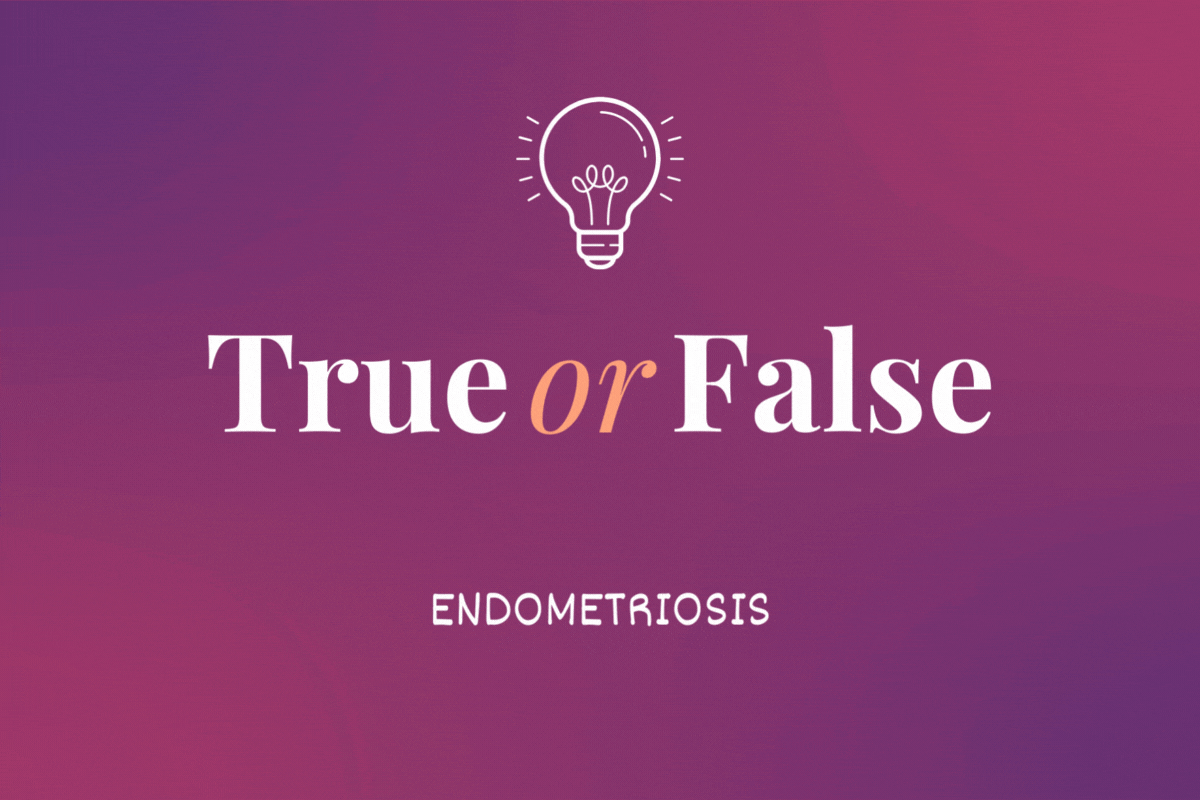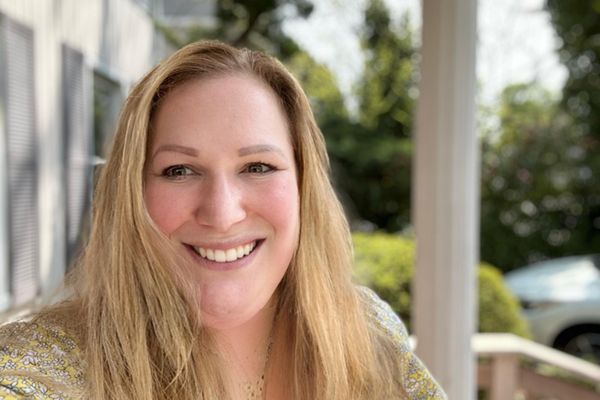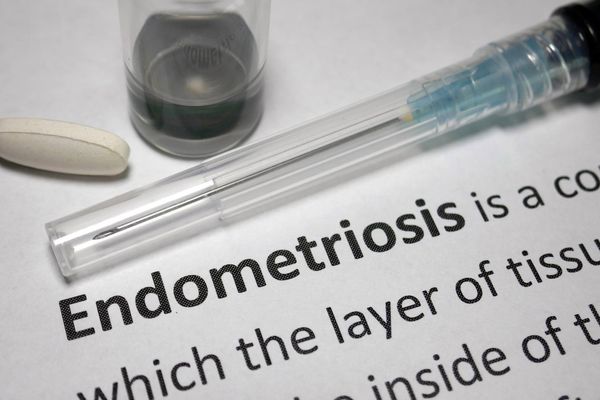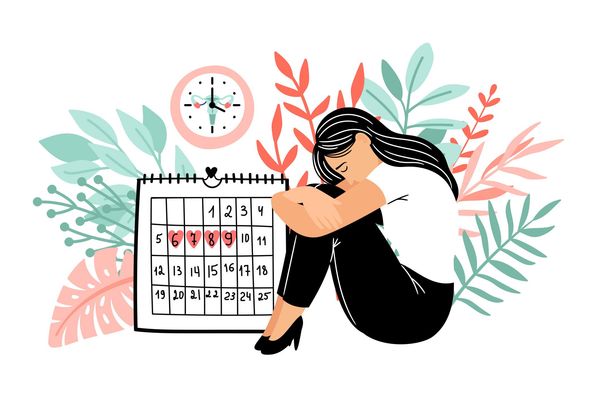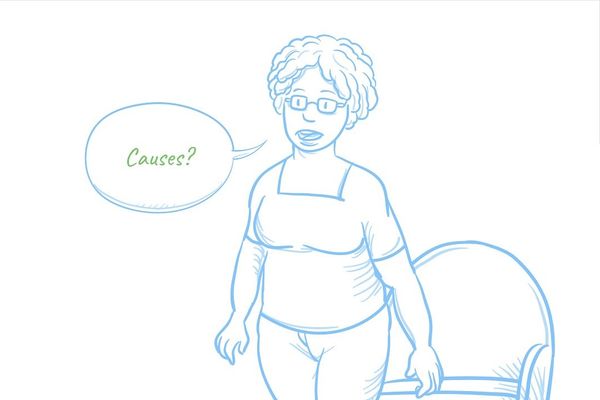Q:
I am 24 years old and have been dealing with endometriosis for four years. I have had four laparoscopies and have been on a slew of medications with little relief. My doctor has mentioned removing my ovaries. Are there any benefits to this surgery? What are the drawbacks, particularly given my age?
A:
Wow, you have really been through a lot for someone as young as you are. Although I do not know the specifics of your case and so cannot comment specifically on it, I would urge caution before agree to anything as drastic as removing your ovaries. The use of hysterectomy (removal of the uterus) with bilateral oophorectomy (removal of the ovaries) is extremely radical surgery and is rarely performed in women your age who do not have cancer.
That's because removing the ovaries immediately puts you into surgical menopause. Surgical menopause can cause much more severe hot flashes, night sweats and other menopausal symptoms than natural menopause, which typically occurs around age 52. You will likely require supplemental estrogen for nearly 30 years to manage those symptoms and prevent osteoporosis and other conditions that can occur when your body's supply of estrogen is suddenly cut off.
Then there are the risks of the surgery itself. Studies find that women under 30 who have a hysterectomy for pelvic pain and endometriosis are more likely to report residual symptoms, such as painful sex and urination. They also report a significant sense of loss and more overall disruption in their lives than women over 40 having the procedure. In addition, women who have their ovaries surgically removed before age 65 have a shorter lifespan on average. Finally, any endometrial lesions left after hysterectomy could continue to cause you pain, particularly if you take supplemental estrogen.
One of the most important things to consider, of course, is that removing your ovaries and uterus means you can never carry a child of your own, not even with the help of assisted reproductive techniques.
You say you have been on a "slew" of medications; has your doctor suggested trying an IUD that releases progesterone? Studies find its use reduces pain and bleeding, even up to a year after it is inserted.
Before you do anything, please see another doctor and get a second opinion. One thing that is important to consider is whether your pain may be the result of other medical conditions. Studies find that even in women with evidence of endometriosis, other medical conditions may be the cause of their pain. This could help explain why the therapies you've undergone have not worked.
Take your time and consider all your options carefully. Unlike medication, a hysterectomy and oophorectomy cannot be reversed, and you are very young to be making such a life-altering decision.


